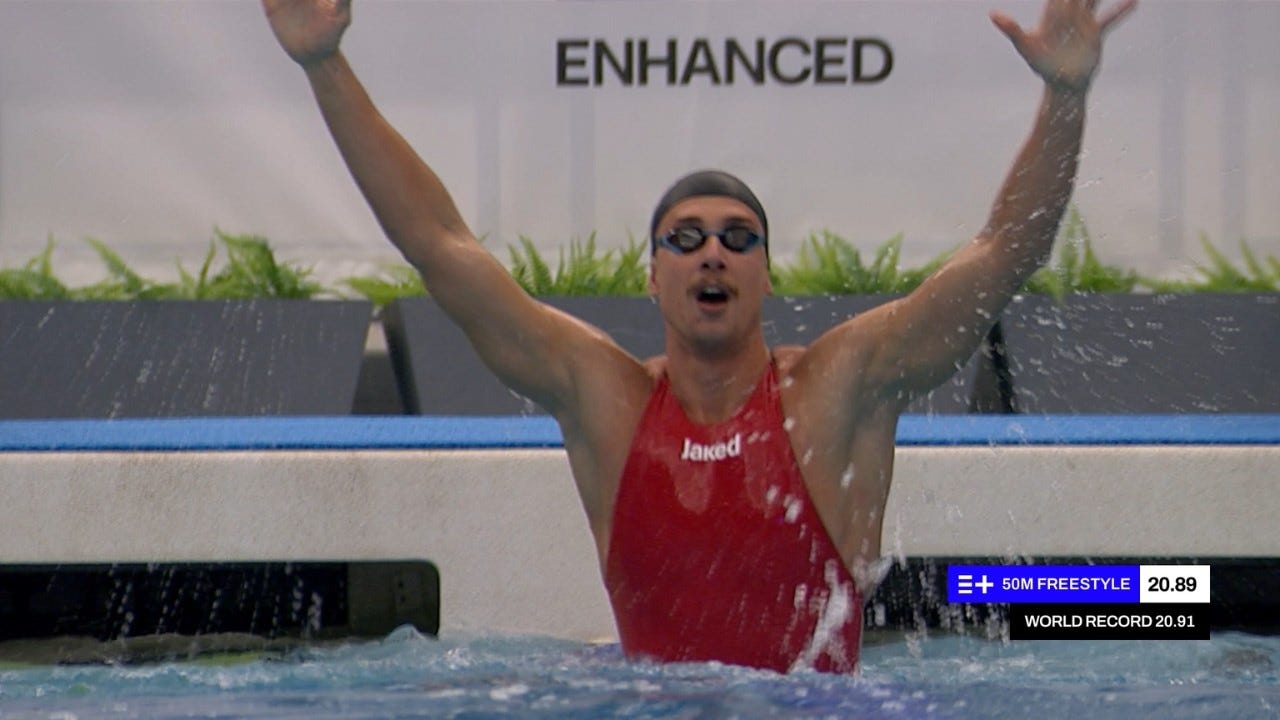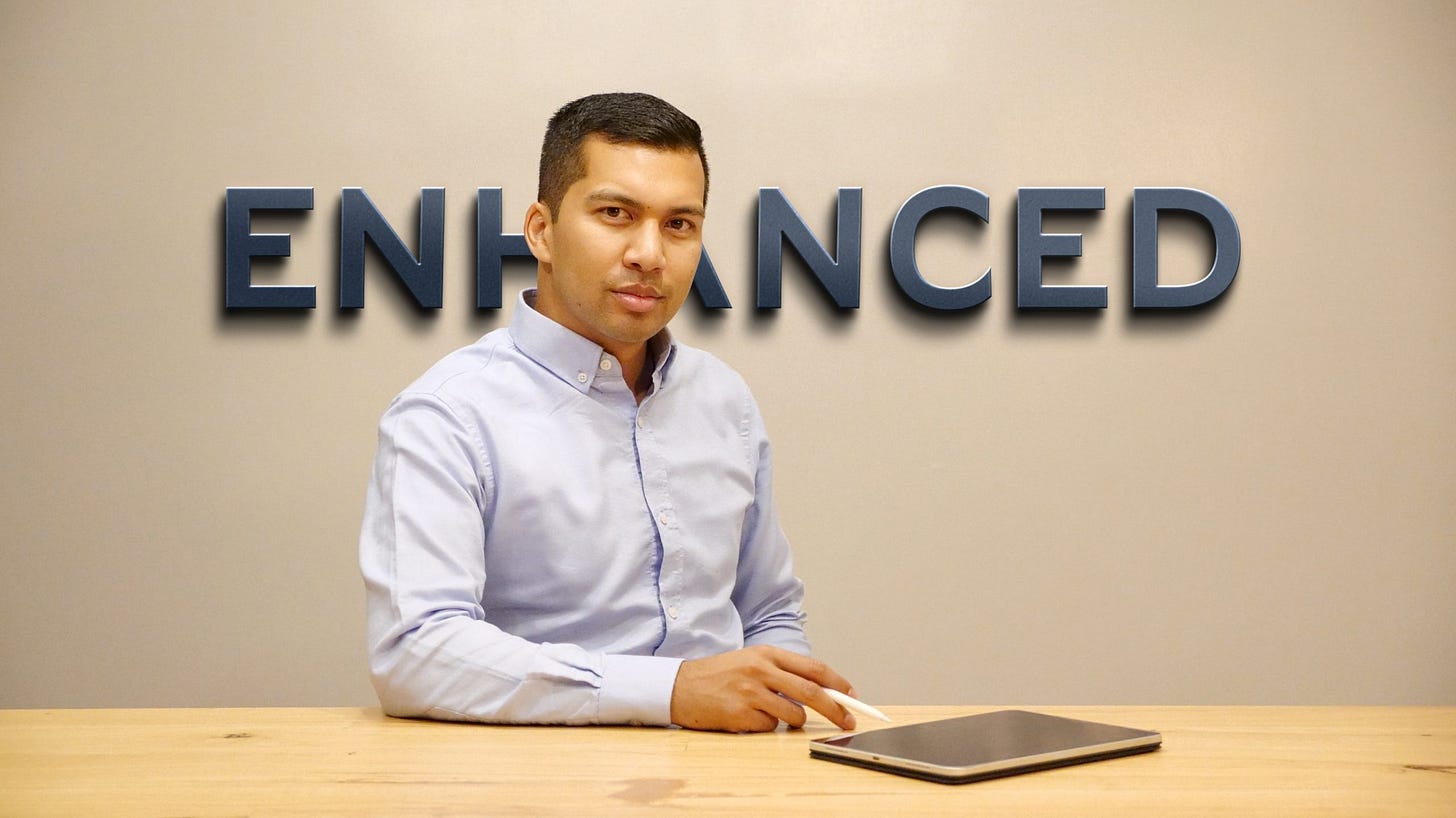Enhanced Games vs. World Sport: Inside an $800M Monopoly Battle
The "Olympics on Steroids" have filed what could be a landmark lawsuit for athletes' rights to compete in unlicensed events, even those encouraging the use of performance-enhancing drugs.
On August 27, the Enhanced Games, a startup sports festival that permits performance-enhancing drugs and carries out no drug testing, started a landmark legal battle against major and more traditional sports organizations.
The Enhanced Games is seeking $800 million in damages, as part of an antitrust lawsuit accusing World Aquatics, USA Swimming, and the World Anti-Doping Agency (WADA) of running an “illegal campaign” to boycott and crush its event.
What do they want to achieve with this lawsuit?
This ire was sparked in June, when World Aquatics pledged to ban any athlete or staff who participate or endorse competitions embracing scientific “enhancements.”
Enhanced Games believes this essentially blacklists them. President Aron D’Souza insists the lawsuit is not a PR stunt but a needed step to prevent scare tactics.
The Enhanced Games are arguing that sports organizations such as World Aquatics have abused their power to protect a monopoly and block new competitors.
By potentially banning athletes and coaches who go near the Enhanced Games, the defendants are effectively scaring off talent and strangling the nascent league before it can gain a foothold, the organisation argues. Its lawyers frame this as a classic antitrust violation.
Beyond $800 million in damages, the Enhanced Games is looking for a court order to stop World Aquatics and others from enforcing a blanket ban on “enhanced” events.
If granted, such an injunction could prevent sporting bodies from punishing athletes who participate in the Las Vegas Games. D’Souza came out swinging, calling the new bylaw a “thinly veiled attempt to strong-arm the swimming community” by holding athletes’ Olympic aspirations hostage. He also accused World Aquatics of “utter hypocrisy,” arguing that mainstream sport tolerates plenty of doping in secrecy.
While this may seem like a PR stunt, but sports law experts say the case is not open-and-shut. Organisations like the IOC or sports federations often set their own rules for athletes to follow. Courts often defer to these bodies on matters of sporting integrity.
But this is not the first time antitrust lawsuits have been filed related to bans on athletes competing elsewhere.

The Enhanced Games are not the first to accuse sports bodies of acting like monopolists.
In 2017, the European Commission found that the International Skating Union’s rules breached EU competition law. The ISU had threatened lifetime bans on skaters who entered independent events. Brussels judged that this was not about protecting integrity but about blocking rival promoters. The Court of Justice of the EU upheld that decision in 2020, forcing the ISU to rewrite its eligibility code.
So what are these Olympics on Steroids?
The Enhanced Games felt like an inevitability. These “Olympics on steroids” were founded in 2023 by D’Souza, an Australian entrepreneur. Competitors are allowed, even encouraged, to use performance-enhancing substances under medical supervision.
D’Souza views today’s anti-doping rules as outdated and hypocritical and argues that athletes should have the freedom to “enhance” their bodies just as they use technology, nutrition, or training.
At a recent launch event in Las Vegas, he proclaimed that “the old rules didn’t just hold back athletes, they held back humanity.”
The Enhanced Games are next slated to be in Las Vegas in May 2026, albeit with only nine events in swimming, athletics, and weightlifting.
The project has powerful right-wing backers in the US, having received funding from Peter Thiel, the founder of Palantir, and 1789 Capital, an investment firm co-founded by Donald Trump Jr.
Their opponents are many and vociferous. In June, the IOC and WADA athletes’ commissions called the Enhanced Games “a betrayal of everything that we stand for.”
But D’Souza and the Enhanced Games seem to welcome the spotlight. Despite the limited number of events, each sport will feature a total $500,000 prize purse.
An even bolder $1 million bonus is on hand for any athletes who breaks a world record in signature events like the men’s 100-meter dash or 50-meter freestyle swim. While such feats at the Enhanced Games would never be counted as official world records, given the lack of doping control, the records would count internally.
Every athlete at the meet will also receive appearance fees, a stark contrast to the Olympics, where athletes compete for glory but no direct pay.
Have they actually signed any major athletes yet?
They have a few Olympians on board, but only five athletes have signed up so far.
The first to join was James Magnussen, an Australian swimmer who was a two-time 100-metre freestyle world champion and Olympic bronze medallist. Magnussen has been retired since 2019 but said he’d “juice to the gills” for a shot at a million-dollar record.
Their biggest news so far surrounded Kristian Gkolomeev, a Greek sprinter swimmer who finished 5th in the 50m freestyle at the Tokyo and Paris Olympics. In February 2025, Gkolomeev reportedly smashed the 50m freestyle world record (20.91 seconds) with a time of 20.89 seconds after a few weeks on an “enhancement” program.
Gkolomeev did so on an unrevealed cocktail of drugs, wearing a banned swimsuit, and no independent observers were present at his privately organized time trial in North Carolina. However, this honour still earned him a $1,000,000 check from the Enhanced Games.
Only one woman has signed up, former U.S. gold medallist swimmer, Megan Romano.
Romano has called the Enhanced Games “the future of sport.”
Time will tell.



This is a very difficult subject to think about, it seems. The room for exploitation, wrong doing, and young athletes being coerced into making dangerous long term decisions to seek short term gain ... on the other hand one could argue that epigenetic and environmental differences already act as sorts of enhancements... and that we have admitedly created better cleats, better trainign programs, better nutrition programs... and where does one draw lines ?